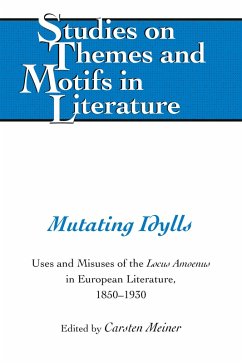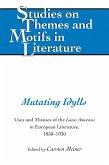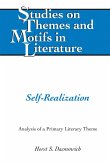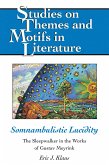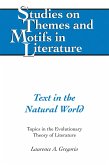Mutating Idylls examines the surprising presence of the antique literary topos of the idyllic landscape, the locus amoenus, in European literature from the latter half of the nineteenth century. The book sets out to identify how this topos, which generally has no place in politically and socially realistic and naturalist literature, actually does have a role to play. Chapters on central nineteenth-century authors such as Flaubert, Zola, Fontane, Verga, Hamsun, Austen, Eliot, Wilde, Jiménez, Cernuda, and Galdós demonstrate both the presence and the multiple refunctionalizations of the locus amoenus. The theoretical aim of Mutating Idylls is to rehabilitate the notion of literary topos. This feature is present in the introduction as a possibility in literary studies today. The chapters all argue in the direction of a notion of topos, which is more flexible than the one Curtius defines along the lines of formula or cliché. In this way, the book intervenes in at least three major fields of study: nineteenth-century studies, classical philology, and literary theory. Through empirical analyses covering diverse authors who all, more or less unconsciously, use the locus amoenus, Mutating Idylls offers a new understanding of the culture of writing in the nineteenth century and contributes to literary theory a rehabilitation of the important notion of the topos.
Dieser Download kann aus rechtlichen Gründen nur mit Rechnungsadresse in A, D ausgeliefert werden.

